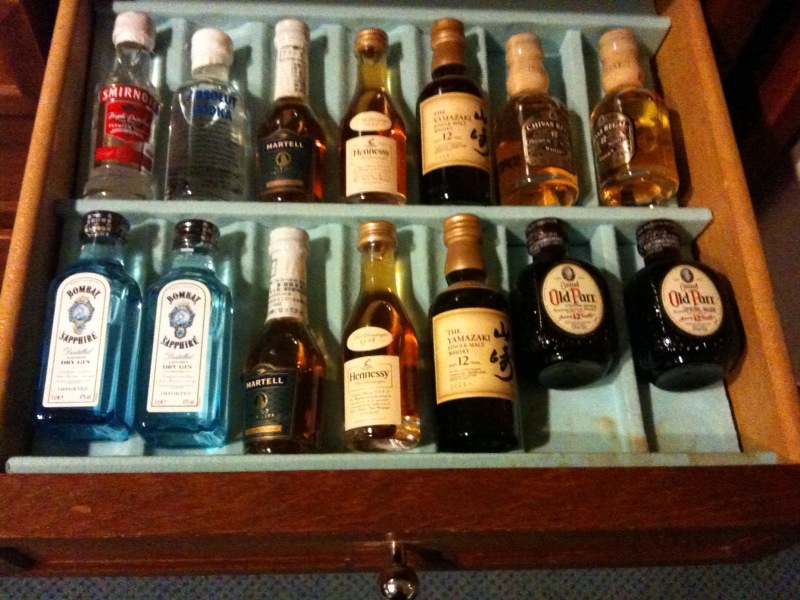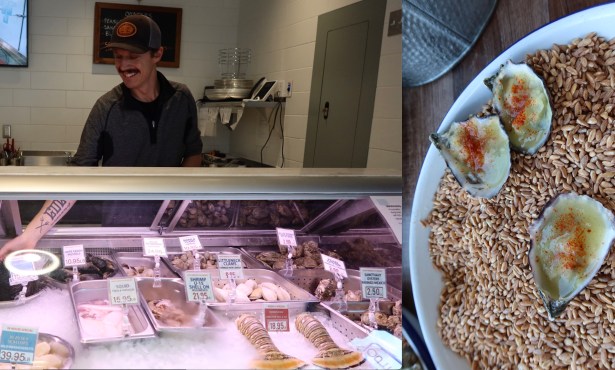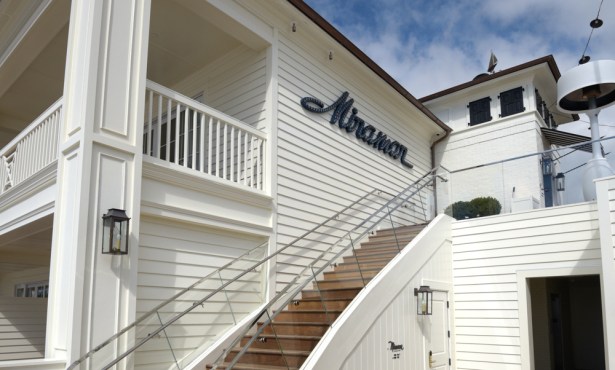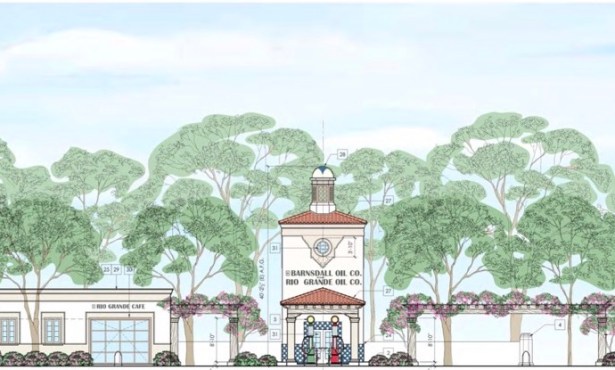Cops Propose Plan to Regulate Liquor Sales
City Takes Hard Look at Off-Site Sale of Wine, Beer, and Spirits

At a time when craft breweries, wine tasting rooms, and artisanal gin mills appear to be keeping Santa Barbara’s central business district economically afloat, Anthony Wagner, the Santa Barbara Police Department’s civic engagement coordinator, is proposing an ambitious new plan to give City Hall the authority to regulate the off-site sale of wine, beer, and spirits from liquor stores, corner markets, gas stations, and grocery stores.
Currently, that authority rests with one of three enforcement Alcoholic Beverage Control officers now responsible for ensuring compliance from more than 7,600 licensees now operating in the tri-county area. Wagner’s proposal is to require city conditional-use permits for all new off-site sales license holders. Whenever such establishments are sold, conditional-use permits would also be required for any party accepting the transfer.
Right now, there are 146 such enterprises operating within city limits. Although calls for service have dropped significantly in the past three years, Wagner said that these establishments accounted for 5 percent of all calls for service in the past five years. That costs City Hall, he said, about $800,000 a year.
Wagner said statewide studies show a positive correlation between domestic violence and the proximity to such establishments. Many, he charged, exceed their permitted footprints in which liquor bottles can be stocked. Others, he said, become serious nuisances, selling miniature bottles of hard liquor — Fireball whiskey bottles for 99 cents — and single cans of malt-liquor beers with up to 8.1 percent alcohol content — like Hurricane or Cobra. Such establishments, he argued, become gravitational points for graffiti, trash, street drunks, drug sales, and gang activity.
City Hall needs a way to hold these businesses accountable. Those found to have violated their performance standards, he said, would be allowed to stay in business only if they obtained a conditional-use permit from City Hall. In addition, Wagner said, such license holders could be charged fees commensurate with their public impact; these fees would generate the $100,000 needed to fund the position of a full-time compliance officer.
Wagner said 25 other municipalities have similar measures in place, Ventura and San Luis Obispo being the closest. According to state guidelines, Santa Barbara should have only 37 establishments selling beer, wine, and spirits; instead, it has 67. Likewise, he said it should have only 37 selling beer and wine; instead, it has 76.
At a time when the Police Department has had had to cut specialty assignments to maintain patrol — the department’s core mission — at full strength, Wagner said the department can no longer afford the distraction of so many alcohol-related calls for service.
Wagner’s proposal leaves alone the 389 bars and restaurants that sell alcohol and the 82 tasting rooms and craft breweries that operate under permits afforded manufacturers. Of the 8,675 calls for service generated by businesses that sell alcohol in 2018, 3,523 came from businesses that sold to off-site consumers; 5,552 came from bars, restaurants, or tasting rooms.
The last time the council deliberated over such issues — in January 2017 — the council instructed Wagner to focus exclusively on the offsite sales and leave the others alone.
Conspicuously absent from Wagner’s grand unveiling presentation last week at City Hall were any voices of opposition. Privately, many in the bar and restaurant industry worry that if such a regulation is passed, it’s only a matter of time before they, too, will be similarly regulated.



